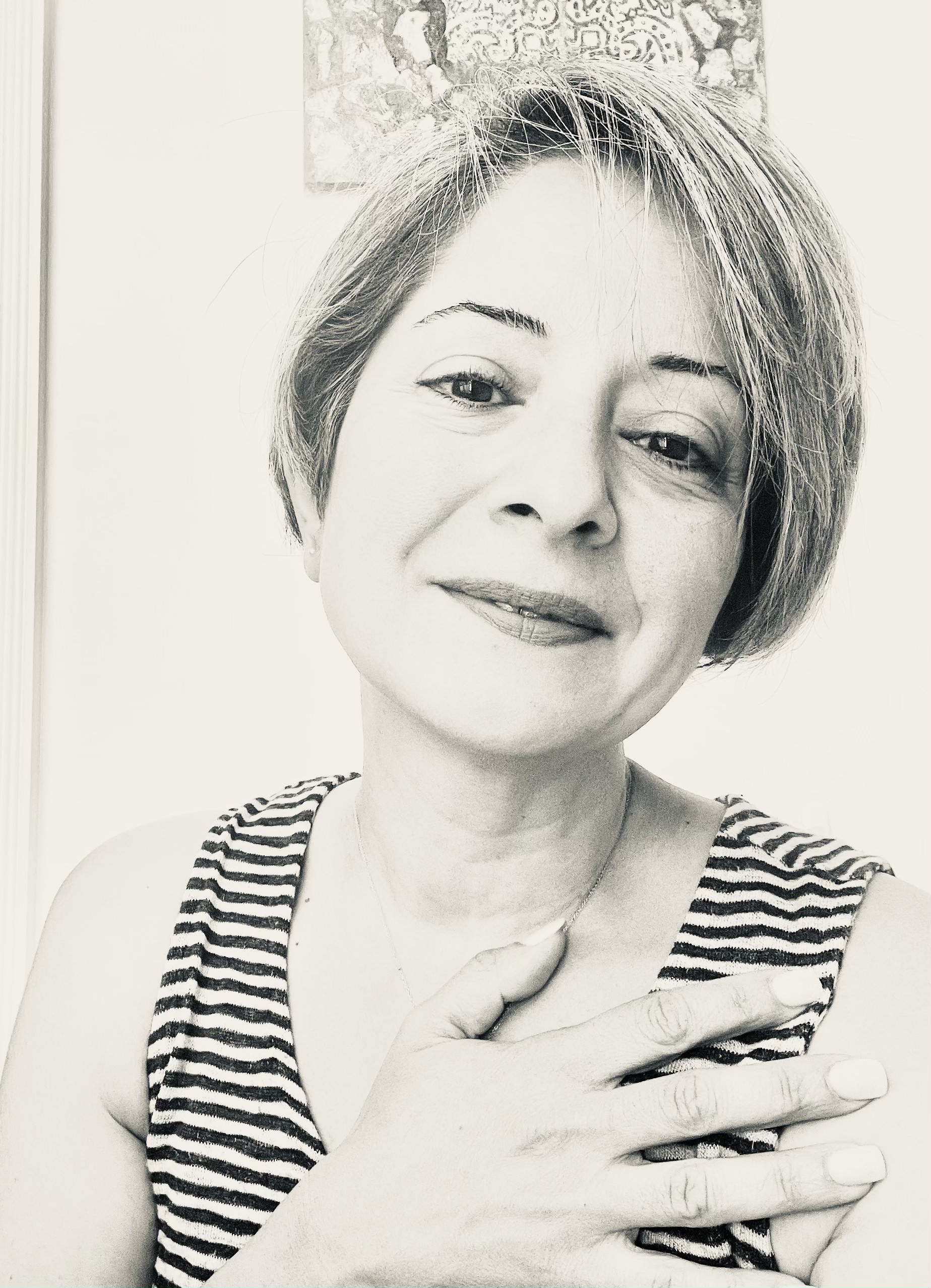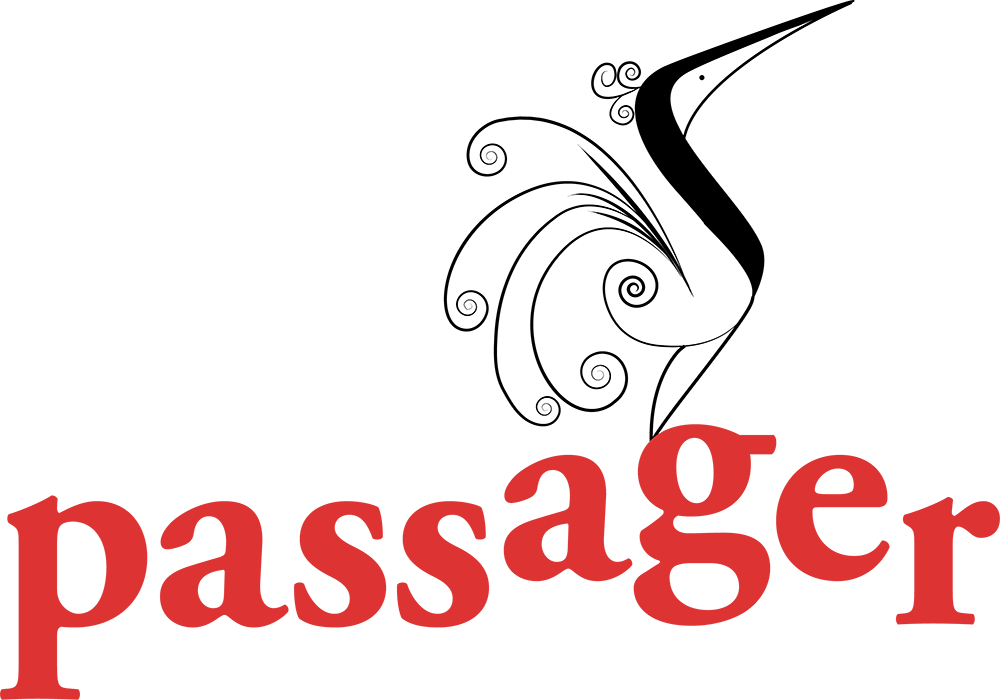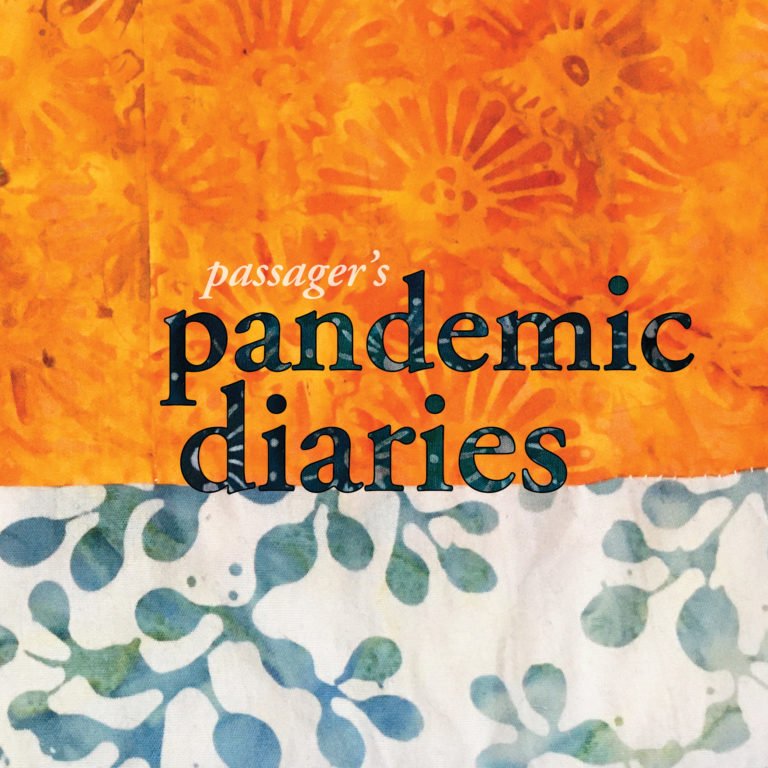Memorial Day



Memorial Day
Views of becoming a soldier, living through war and remembering with pieces by James P. Hanley, Tom Buchanan and Pantea Amin Tofangchi.
6 minutes | Transcript
TRANSCRIPT
This is the season in which we remember those that have died in battle. On this episode, views of becoming a soldier, living through war, and remembering.
James P. Hanley said that he wrote “Drafted” to reflect some of his experiences with the unnerving process before joining the Navy. In this excerpt, the main character, Elliot, has received his draft notice, reported to the induction center, and is now on a bus headed for basic training.
The bus left lower Manhattan and traveled through the Holland Tunnel to the Garden State Parkway. A light rain began to fall and small drops coated the stained windshields. Elliot watched the passing cars, wondering where they were heading, reading in the passengers’ expressionless faces that the trip was part of their routine, nothing special. He knew where he was headed: the months of basic training and combat preparation, and eventually a long flight to a jungle-dominated country. Elliot felt he was unsuitable for the role, not because of cowardice or principle but just because he was unagile, ill-coordinated and not strong, unable to cultivate the camaraderie essential to protection. Aware of his personal shortcomings, Elliot felt they were not an impediment to an ordinary life like his parents had. But now the flaws would leave him vulnerable to derision and the invective of gruff sergeants. He would die, he was certain, one of the first-day casualties they’d mentioned in newspaper articles, the neophytes making stupid, deadly mistakes shortly after arriving. He imagined himself weighed down by a helmet and pack, gripping a rifle so hard his fingers were bloodless, stumbling over buried roots covered by brush, aimed shots kicking the ground around him, the yelling, the constant yelling, panic, then pain, the dime-size hole and the spurting blood.
An excerpt from James P. Hanley’s story “Drafted” from Passager Issue 54.
Tom Buchanan said, “Six years in pre-war Europe and a tour of the battlefields of Flanders with my stepfather left me with an indelible memory of war’s devastation, which I have tried to relive with my poems. Here’s one of them, “A Child Remembers World War I” from Passager Issue 68.
It is strange how childhood memories
of a war before I was ever born
have left a much deeper scar
in my psyche than World War II
from which I emerged unscathed.
Was it the memory of monuments
to the glorious dead in every lonely
French village, haunted by widows
dressed still in their mourning black,
or was it the statistics,
cold figures without feeling, telling how
one million French and German youth
lie buried in the mud
of one single town, Verdun,
or the lists of whole classes
of English schoolboys
wiped out on the Somme and Passchendaele?
My stepfather took me on a Christmas vacation
to visit the trenches of Flanders Fields.
We saw the pathetic protection
a sniper sought behind a metal plaque
that was drilled through by a bullet hole.
And perhaps we saw his final resting place,
in the Canadian cemetery nearby on a lonely hill
studded with white crosses marching upward
to a bell tower whose silence was broken only
by the cooing of mourning doves,
reminding me of a French print from my
childhood. Each of many church bells
ringing was the face of a dead soul,
speaking to me, like the mourning doves,
asking why, why, O why,
O why did I have to die.
“A Child Remembers World War I.” Tom Buchanan.
Pantea Amin Tofangchi was six when the Iran revolution happened; she was in second grade when the Iran-Iraq war started, and she was in senior high school when it ended. She and her husband Shahriar came to the US in 2000. For the past several years, she’s been Passager’s art director and designer. In addition to being a wonderful designer, she’s a wonderful poet. Here are two of her poems about growing up in a war zone.
“The Morning After.”
as we were walking to school
we discussed the night before.
I counted 6 bombs, one of us would say.
No, there were 5, one would add
I didn’t even wake up, another would say —
did we ever talk about
boys, the color of a new backpack, new tennis shoes, the new movie . . . ?
We must have —
Pantea Tofangchi’s “The Morning After.” And one more, “Cartoon Time.”
Again?!
everyday
the power outage
along with the stupid
war
has to happen on
cartoon time?
I exclaimed to my mom . . .
I wish . . .
(the sound of anti-aircraft guns were loud, so I started to yell)
can’t they just bomb
in the mornings?
“Cartoon Time” and “The Morning After” by Passager’s art director and designer Pantea Amin Tofangchi.
To subscribe to or learn more about Passager and its commitment to writers over 50, go to passagerbooks.com. You can download Burning Bright from Spotify, Apple and Google Podcasts, and various other podcast apps.



